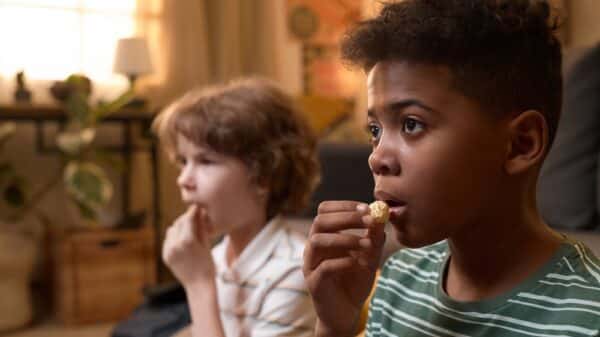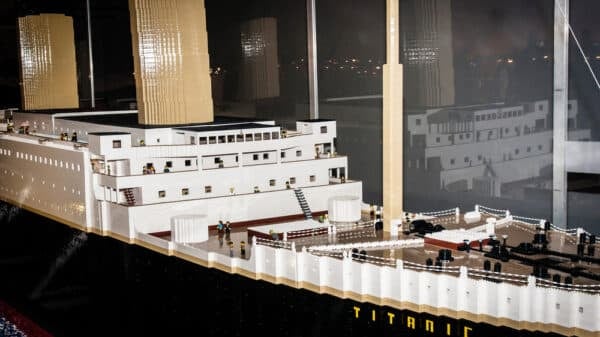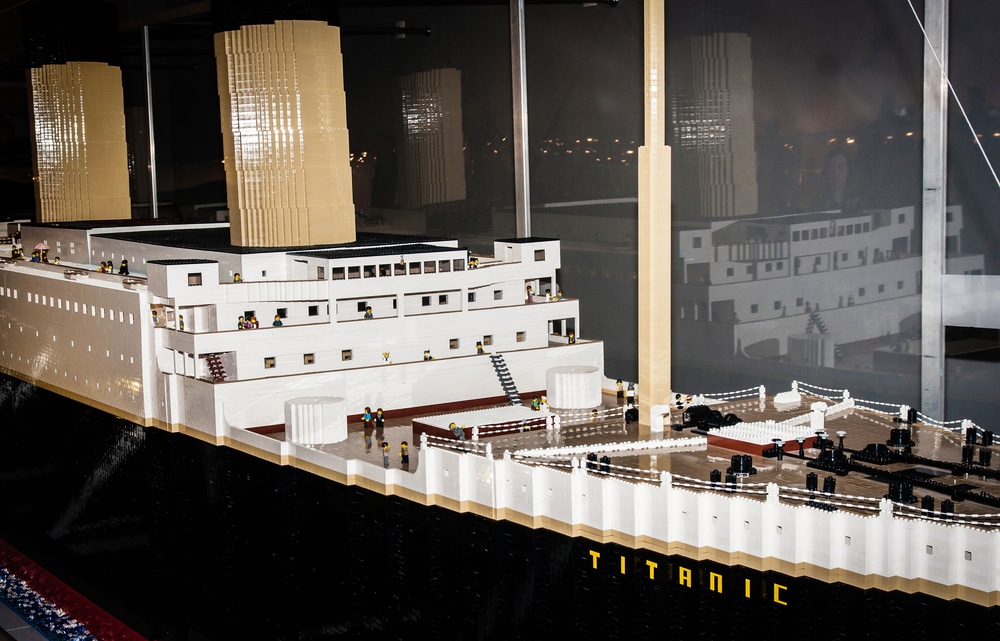A former colleague of mine, Janet Manley, recently contributed an intriguing piece to *The New York Times* titled “So You Think You Know a Lot About the Titanic.” As I read it, I couldn’t help but think: Wow, I feel seen. The article delves into the somewhat peculiar phenomenon of “Titanic kids,” those children who grow fixated on the tragic tale of the Titanic. They memorize obscure trivia about the ship’s short-lived yet luxurious maiden voyage—a voyage that ended in disaster. I was one of those kids, just like my nephew, and it warms my heart to know that other children today are still captivated by this story, a staggering 113 years after the ship sank and 28 years post the iconic film’s release.
TikTok creator Robert Khederian, better known as @notenoughangers, shared his thoughts on Manley’s article as he, too, falls into the “Titanic kid” category. However, he expressed some skepticism regarding the piece’s central argument: that many children’s interest in the Titanic serves as a safe way to grapple with the concept of death.
As clinical psychologist Debbie Sorensen pointed out in Manley’s article, “Picturing those people who died, picturing the ship cracking and falling down to the bottom of the ocean, it taps into a sense of awe.” While this perspective makes sense on some level, Khederian was quick to share that he didn’t entirely identify with it. “I don’t know if I agree with what was said in this article,” he said candidly. “Honestly, that didn’t explain my interest at all. I was captivated by the luxury—the interiors, the lifestyle. I was one of those kids glued to the first VHS tape of Titanic.”
At the end of his TikTok, he invited followers who share this fascination to reflect on what drew them to the Titanic disaster. Responses poured in, connecting on a deeper level than mere morbid curiosity. “It’s the perfect Venn diagram of luxury, death, engineering, and history,” noted one commenter. Another chimed in with an enthusiastic, “The opulence and greed and then the inevitable demise!”
Yet, there were others who aligned with the notion that the Titanic’s story provides a means to confront and process death. One user shared, “Actually, I am the [death] and grief kid. It’s honestly so morbid and terrifying learning and watching people face certain [death] straight on.” There’s something haunting yet magnetic about the interplay of tragedy and drama that sets off a spark of fascination in many. “The tragedy of it all got me,” another commenter reflected. “It was the grandest, most opulent ship, and it sank on its first outing. The husbands staying behind, the band playing… I loved how dramatic it all felt to me at 5 years old.”
It’s intriguing to note that many children’s fascination with the Titanic tends to surface around the same age when they start to grasp the concept of death, typically between 5 and 7 years old. However, a more profound understanding—coming to terms with the inevitability and universality of mortality—continues to evolve throughout tweens, teens, and even into adulthood. Trust me, as a fellow “Titanic kid,” I can vouch for the fact that those existential questions don’t just disclose themselves in our childhoods but follow us into our 20s, 30s, and beyond.
With these complicated emotions swirling together—glamour and tragedy intertwined—it’s completely understandable why the Titanic captures our imagination. This same overlap often manifests in other historical interests, too: think of kids who gravitate towards the tales of Anastasia Romanov, Henry VIII and his ill-fated wives, the Salem Witch Trials, or the catastrophic eruption of Pompeii.
So, if your child comes home clutching yet another *I Survived…* book, don’t panic or scold them for being morbid. Instead, recognize that they’re just going through their own process of understanding the heavy questions of life. They’re not merely indulging in macabre interests; they’re working through something much larger, grappling with concepts of loss, history, and, yes, the stark realities of life and death. And, just like you, they might very well find comfort and community in the tragedy and elegance of the Titanic.
Image Source: Marek Szandurski / Shutterstock



































